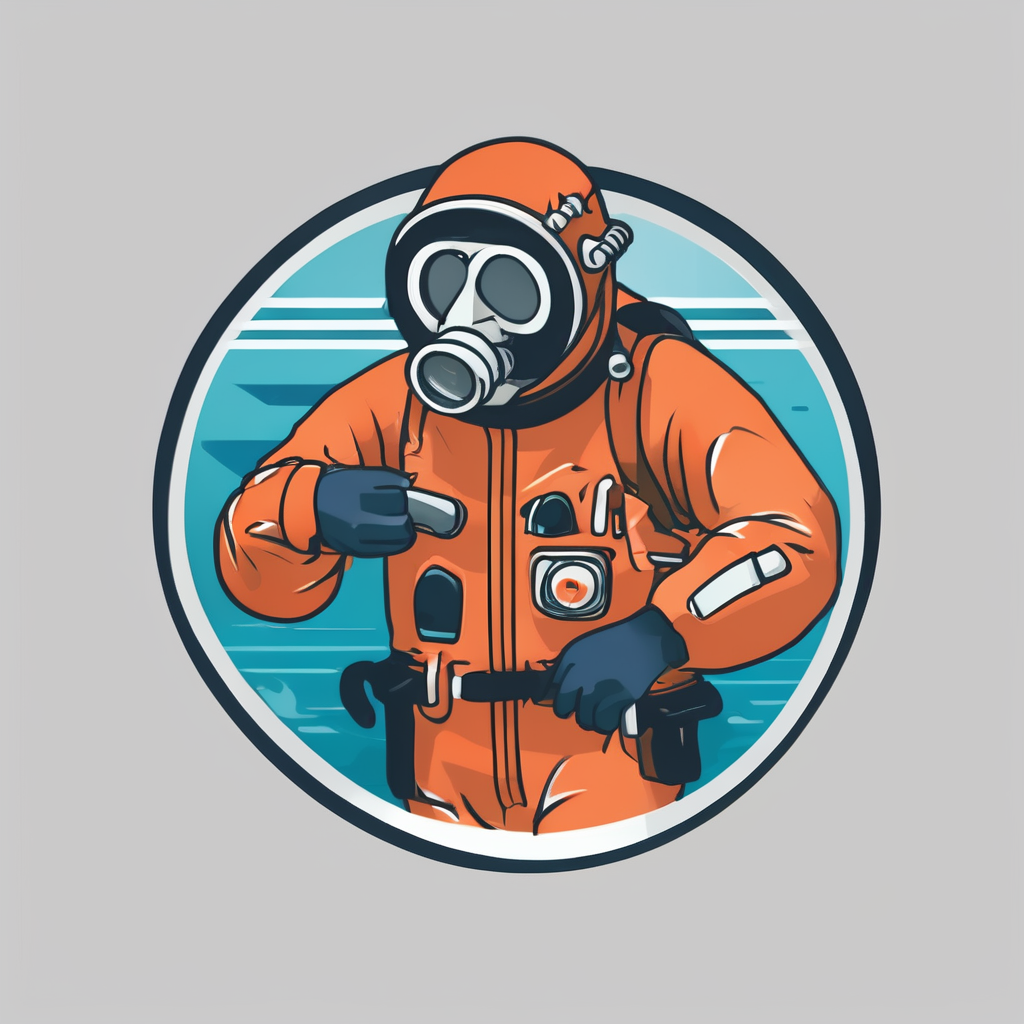Optimising Sleep for Athletic Recovery in the UK
Quality sleep hygiene is a cornerstone of effective athletic recovery, directly influencing performance, injury prevention, and muscle repair. For UK athletes, achieving this can be complex due to unique challenges such as unpredictable weather, frequent travel between time zones, and demanding training or competition schedules.
How exactly does sleep drive athletic recovery? Scientific studies consistently show that during deep sleep stages, the body releases growth hormones crucial for tissue repair and muscle growth. Lack of uninterrupted sleep disrupts these processes, leading to fatigue and hampered performance.
Additional reading : Revolutionize your playbook: cutting-edge tactics for uk football coaches to enhance strategy
UK athletes face additional obstacles. The country’s variable climate often affects circadian rhythms, making it harder to maintain consistent sleep patterns. Moreover, travel—both domestic and international—can cause jet lag and irregular sleep times, undermining recovery cycles. Therefore, adopting sports sleep strategies tailored to these challenges becomes vital.
A science-backed approach emphasises structured sleep routines, environmental control, and managing light exposure to synchronise the body clock. By prioritising evidence-based interventions, athletes can enhance recovery efficiency, reduce injury risk, and sustain peak performance despite the UK’s demanding conditions.
Also to discover : Enhance endurance: key dietary advice for long-distance swimmers in the uk
Science-Backed Essential Sleep Hygiene Tips
Quality sleep hygiene for athletes hinges on establishing routines that respect the body’s natural rhythms, especially important for UK athletes facing frequent schedule shifts related to training and competition. A consistent sleep routine aligned with UK time zones helps regulate the internal clock, fostering deeper and more restorative sleep—foundational to effective athletic recovery.
Managing blue light exposure is another critical component. Evening use of screens emitting blue light disrupts melatonin production, delaying sleep onset. UK athletes can benefit from limiting screen time up to an hour before bed or using blue light-blocking glasses or apps to reduce this interference.
Creating an optimal sleep environment also supports recovery. This includes maintaining a cool, dark, and quiet bedroom, which promotes faster entry into deep sleep stages crucial for muscle repair. Blackout blinds can tackle the UK’s seasonal light variations, while earplugs or white noise machines buffer external disturbances.
Pre-bed routines that encourage relaxation and mental unwinding—like gentle stretching, meditation, or controlled breathing—reduce stress hormones that hinder recovery. Nutrition plays a role too; light, sleep-promoting snacks rich in tryptophan or magnesium can improve sleep quality.
Together, these sleep hygiene for athletes strategies form a practical, science-backed framework to enhance recovery outcomes.
Overcoming Common Sleep Barriers for UK Athletes
UK athletes face distinctive sleep challenges that can disrupt athletic recovery. Frequent travel across time zones imposes jet lag, altering circadian rhythms and delaying sleep onset. To adjust swiftly, athletes benefit from gradual shifts in sleep timing several days before travel combined with controlled light exposure, aiding body clock realignment.
Away games and training camps also disrupt habitual sleep environments. Portable solutions such as travel-friendly blackout curtains or earplugs help recreate consistent, restful settings essential for deep sleep stages vital to recovery. Adapting familiar pre-bed routines when away supports mental unwinding despite unfamiliar surroundings.
Seasonal changes in daylight can profoundly affect UK athletes, especially during winter when shorter days lead to light deprivation, impacting melatonin production and sleep quality. Conversely, long summer evenings may delay sleep onset. Managing light exposure through blackout blinds and strategic morning sunlight helps maintain circadian stability despite environmental fluctuations.
Addressing these barriers proactively with sports sleep strategies—including environment control and schedule adaptations—ensures UK athletes sustain optimal sleep hygiene. This approach enhances recovery capacity, mitigates fatigue, and supports consistent performance despite the UK’s challenging climate and travel-heavy schedules.
Actionable Steps and Recommended Products for Better Sleep
For UK athletes, selecting the right sleep products can markedly enhance athletic recovery by creating an environment that supports restorative sleep. High-quality mattresses designed to relieve pressure points improve comfort and promote longer deep sleep phases essential for muscle repair. Blackout blinds tailored to UK’s variable daylight help maintain consistent darkness, which bolsters melatonin production and synchronises circadian rhythms.
Incorporating supplements such as magnesium or melatonin—after professional consultation—can aid in addressing specific recovery or sleep onset issues. However, these should complement, not replace, foundational sleep hygiene habits. Daily actions like establishing fixed bedtime and wake-up hours reinforce the body’s internal clock, enabling UK athletes to maintain consistent sleep quality despite travel or fluctuating schedules.
Additional practical steps include using white noise machines to mask disruptive sounds common in urban or training camp environments, and wearable sleep monitors to track and adjust sleep patterns based on personalised data. These sports sleep strategies empower athletes to identify problem areas and optimise rest crucial for peak performance.
Combining these actionable recovery tips with expert guidance helps UK athletes overcome environmental and lifestyle hurdles, ensuring sustainable sleep hygiene to maximise recovery gains.
Optimising Sleep for Athletic Recovery in the UK
Quality sleep hygiene is fundamental for effective athletic recovery, supporting muscle repair, hormone regulation, and mental restoration. Deep, uninterrupted sleep stages trigger growth hormone release, essential for rebuilding muscles after intense UK training sessions. When sleep is fragmented or insufficient, recovery slows, increasing injury risk and reducing performance longevity.
UK athletes face unique challenges that complicate maintaining optimal sleep patterns. The country’s frequently changing weather disrupts circadian rhythms, making regular sleep timing difficult. Additionally, travel—both domestic and international—introduces jet lag and irregular sleep schedules that delay recovery processes. Demanding training and competition calendars further strain the body’s ability to rest sufficiently.
A science-backed approach to sleep prioritises synchronising sleep with natural circadian rhythms through consistent routines, environment control, and measured light exposure. These sports sleep strategies minimise disruption from external factors common in the UK context. For instance, managing morning natural light and evening darkness helps reset the body clock, crucial when dealing with seasonal daylight shifts or travel-induced jet lag.
By integrating evidence-based sleep hygiene tailored for UK athletes’ specific needs, recovery improves measurably. This supports sustained physical performance and resilience amidst the complexities of climate and scheduling demands.
